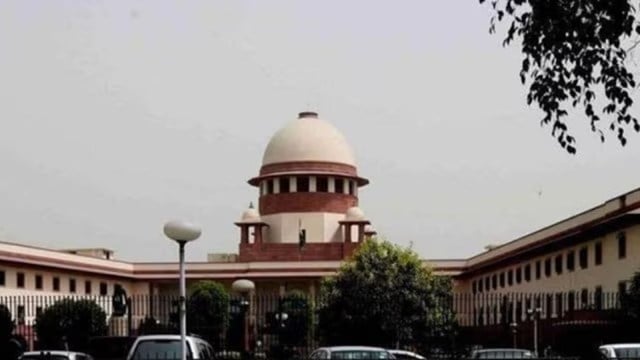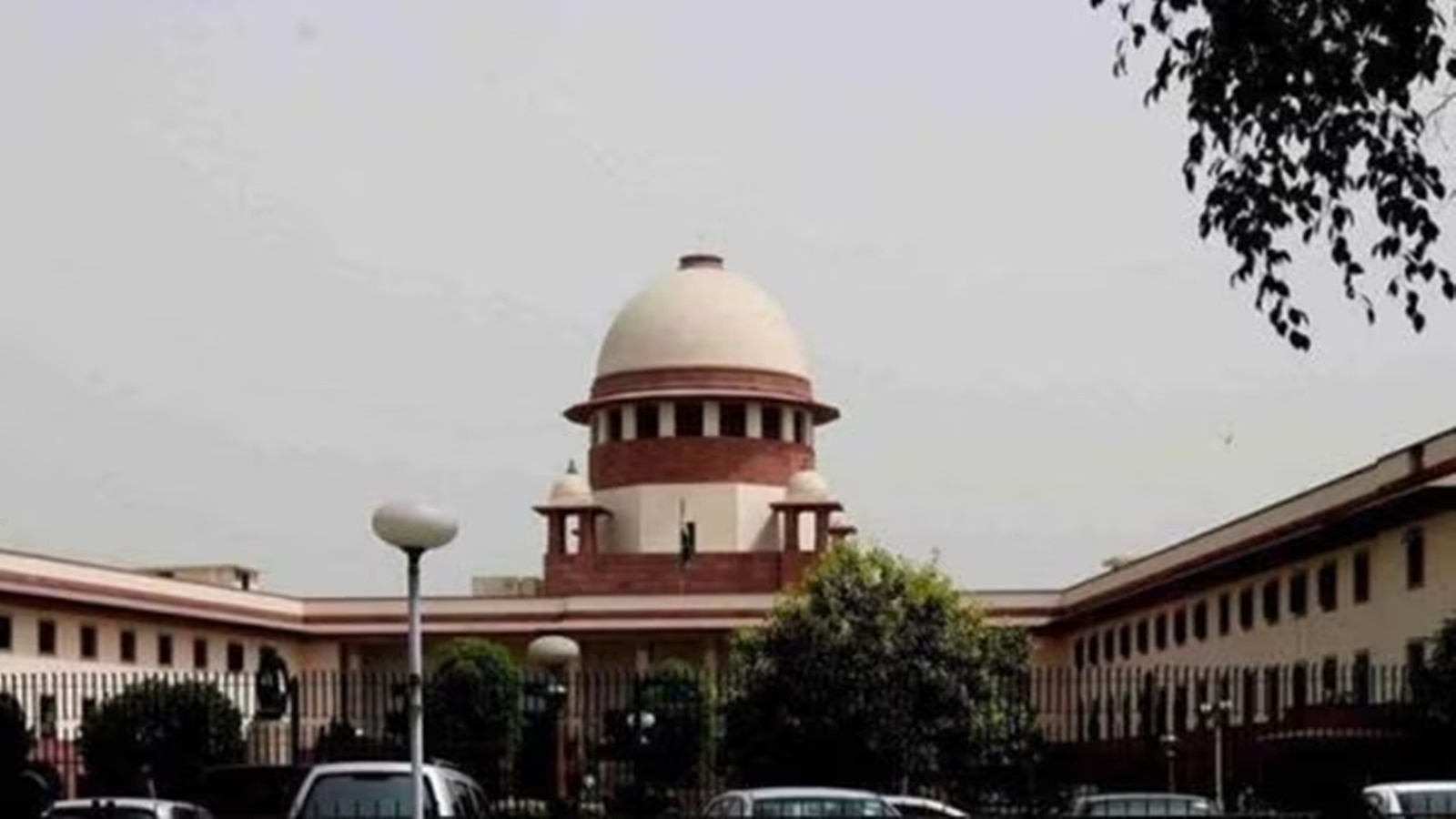

P John J Kennedy
Nov 22, 2024 16:14 IST First published on: Nov 22, 2024 at 16:13 IST
For decades, Catholic priests and nuns working in India have benefited from a unique tax exemption. Originating in the mid-20th century, this exemption aimed to recognise the social contributions of priests and nuns, many of whom lived modestly and served in roles within schools, hospitals, and social welfare institutions. Given that all priests and nuns take a vow of poverty, their earnings often flowed directly into the institutions they served rather than into their personal income. The intent was to protect religious orders from a financial burden that would otherwise diminish their ability to serve marginalised communities. Legally, this tax exemption was justified under the principle that earnings accrued by the clergy in service did not qualify as personal income. Instead, they were viewed as funds supporting the religious institutions’ work, often operating under charitable or not-for-profit status. Furthermore, the exemption respected the clergy’s lifestyle choices, which avoided the accumulation of wealth.
After years of judicial silence on the subject, the Supreme Court of India overturned this exemption on November 7, 2024, reasoning that tax equality must apply, regardless of religious vows or lifestyle. The Court argued that the exemption was in conflict with India’s principle of secularism, where no religion or religious practice should receive preferential tax treatment unless warranted by other legal principles. The legal arguments were grounded in India’s tax laws, which classify income based on its source, rather than the occupation or intention behind it. Since various institutions employ clergy members, the Court held that their income — derived from employment — falls under taxable income according to the law. Moreover, the Court emphasised the uniformity in the tax regime across professions and the need to avoid distinctions based on religious affiliations, particularly given India’s pluralistic nature.
Whether the Supreme Court’s judgment is fair remains a divisive question. Advocates on the ruling side argue that it reaffirms the Constitution’s secular framework. Supporters claim that granting unique tax privileges to clergy members based on religious grounds inadvertently creates an inequitable financial landscape and undermines principles of fiscal parity. However, critics contend that the judgment fails to account for the distinctive structure of religious orders. Unlike their counterparts in other religions or secular professions, Catholic priests and nuns are not compensated as private individuals; their income is often redirected into church missions and social services. The Supreme Court’s decision, critics argue, disregards these unique financial arrangements, thus imposing an undue financial burden on clergy who neither possess nor spend income in the traditional sense.
The decision is expected to profoundly affect the clergy and the institutions they oversee. For larger orders with extensive charitable and educational activities, the additional tax obligation might mean reduced resources for services. Smaller congregations, on the other hand, may face existential financial challenges as they rely on limited incomes to sustain their missions. The tax liability could force these smaller orders to reassess their financial models, perhaps even affecting the scope of services provided to marginalised communities. Conversely, some argue that the ruling might prompt more transparency in the financial operations of religious institutions. Ensuring that all income sources are subject to scrutiny could lead to stronger accountability within religious organisations, providing donors and the public with clearer visibility into the use of funds.
The path forward for the Indian Christian clergy is now fraught with challenging choices. One option is to accept the verdict and restructure their operations to accommodate tax requirements, potentially shifting more resources toward efficient financial management. This approach, while arduous, would place clergy members on equal footing with other citizens under the law, possibly aligning with broader principles of public accountability. Alternatively, the clergy may choose to appeal, advocating for a reconsideration of the unique financial model that defines their roles. Such a move could involve petitioning for a distinct legal category that would acknowledge the vows of poverty the clergy members took, arguing that their earnings are fundamentally unlike secular income. The decision has stirred mixed reactions within India’s Christian community. Some view it as a violation of their religious rights, interpreting the ruling as an imposition that disregards the historical contributions of the church to Indian society. Others see it as a necessary adjustment in an evolving legal and social landscape that demands equality across religious boundaries.
An amicable solution might lie in creating a modified tax provision that recognises the clergy’s commitment to service. This could involve offering partial tax concessions based on religious institutions’ demonstrable charitable contributions, potentially satisfying the principle of equality before the law and the clergy’s need for practical financial support. While the Supreme Court’s ruling on the tax status of Indian Christian clergy is rooted in legal logic, its impact underscores the complex intersection of law, religion, and social service. The verdict invites both introspection and proactive adaptation from religious orders, prompting a nuanced debate about the role of religion and social justice in India’s democratic fabric.
The writer is Professor and Dean, Christ University, Bengaluru.


